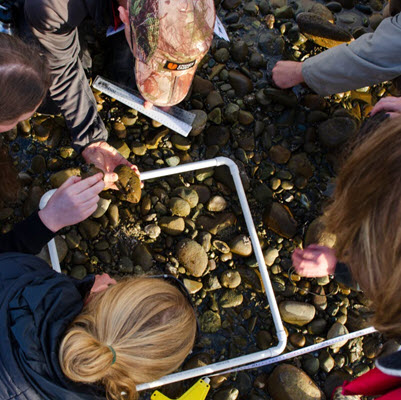
From a passion for art to a career in game design
Budding artists might be interested in a career in game design. Interactive media, which includes game design and animation, involves both creativity and technical skills. Game designers use maths skills such as algebra and trigonometry to build ‘frames’ for their characters and other game elements. Animators and CGI artists use the same methods to make fantasy look like reality.
- What to study in year 11 and 12: General Mathematics, Mathematical Methods, or Specialist Mathematics, Media, Design/Visual Communication, Digital Technology, Information Technology
- What to study at TAFE or uni: Diploma of Screen and Media, Diploma of Graphic Design, Bachelor of Game Design and Development, Bachelor of Creative Media, Bachelor of Software Engineering, Bachelor of Interactive Media

From a love of shopping to a career in retail marketing
If your child knows all the latest trends and where to get the best bargains, a career in retail marketing could be in store. Retail maths isn’t all about counting change – there’s a whole world of data analysis going on behind the scenes! Maths skills are a must in order to analyse data about pricing and stock levels, or to dig up insights about the next big trend or what customers will want next.
- What to study in year 11 and 12: Business Studies, Economics, Essential/Foundation/General Mathematics, Mathematical Methods
- What to study at TAFE or uni: Diploma of Business, Diploma of Marketing and Communication, Bachelor of Business, Bachelor of Commerce, Bachelor of Economics, Bachelor of Marketing
